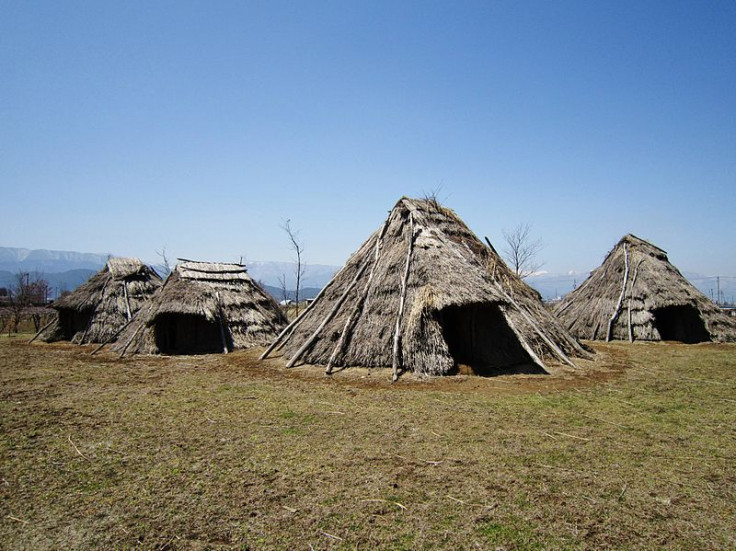Lack of violence and warfare in prehistoric Japan challenges ideas of human evolution

Evidence of non-violent deaths from hunter-gatherers living in Japan has raised doubts over the popular idea that social behaviour, including altruism, evolved out of war. Scientists examined the remains of people living during the Jomon period (13,000 – 800 BC), and found the rate of violent deaths was virtually non-existent.
The study, published in the Royal Society journal Biology Letters, was looking at the idea that war became a selective pressure for the evolution of human behaviour. Recent findings in other regions have shown high levels of violent deaths among hunter-gatherer societies.
This has led some scientists to suggest that conflict allowed for the emergence of states, which eventually led to a huge reduction in violence. If this is the case, then the idea should be found among hunter-gatherer societies across the globe.
However, analysis of remains of hunter gatherers from Japan show that this was not the case. An international team of scientists looked at skeletal evidence from prehistoric Japan's Jomon period. They analysed bones from over 2,500 people (adults and children) to work out if they died in a violent manner.
Low mortality from violence
While it is not possible to distinguish injuries as the result of individual murder or warfare, they said overall evidence of violence being low would "indirectly show that warfare could not have been prevalent".
Findings revealed just 1.8% of adults and 0.89% of the population (including children) died violent deaths. This is far lower than previous studies of violence in other hunter gatherer societies, where between 12 -14% of people died violent deaths.
"Our results suggest that violence and thus warfare were not common in prehistoric Japan," the authors wrote. "Some scholars have claimed that warfare 'is found throughout prehistory' and that warfare was significantly common among hunter-gatherer populations to have affected social evolution by promoting intra-group altruism.
"Despite the uncertainties about whether measures of mortality taken from archaeological data are representative, it is likely that our results pose a counterexample to these claims and are further inconsistent with arguments that warfare is inherent in human nature and was an important selective pressure."
© Copyright IBTimes 2025. All rights reserved.






















